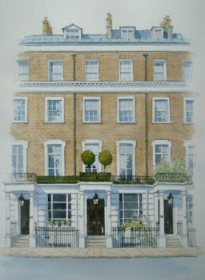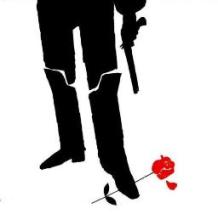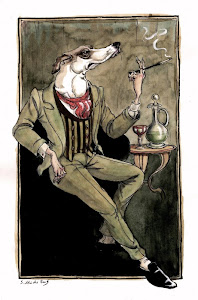"Thesiger has rightly been called 'old-fashioned' and 'a throwback to the Victorian era,' yet in one sense his views were ahead of their time. Even as a boy he foresaw the way in which technology would ride like a juggernaut across the earth, devastating what was priceless in traditional life. All his life he saw technology as an intrusion into the unspoiled world, and as a barrier between man and nature. Traditional peoples were to him the most significant aspect of the environment, and truly to understand them, he believed, one must live as they lived--eating the same food, drinking the same water, enduring the same privations, facing danger shoulder to shoulder, accepting common rules of behaviour. What generated this unique attitude was Thesiger's need to express certain ideals which the technetronic twentieth century was quickly discarding. In a society run by machines, the traditional values that govern the idea of manhood disintegrate. Courage, the warrior-instinct, close loyalty to companions, even hospitality, dignity, stoic endurance and honesty, become irrelevant. Thesiger believed that technological society tended to breed selfish individuals, mostly concerned with amassing material wealth. He stood out all his life against this disintegration of traditional values, living by a personal code of integrity he never lost. Summed up, perhaps, by the concept of 'nobility'--a quality he claimed to find in both kings and illiterate tribesmen alike--he believed that these ideals were developed to their fullest extent among the Bedu of Arabia, whose ethic of miruwa, or 'manliness'--courage, loyalty, endurance, hospitality and generosity--matched almost perfectly with his own."
Thesiger, Michael Asher (1994)
01 August 2010
Subscribe to:
Post Comments (Atom)






















1 comment:
Thank you for another book to explore.
Post a Comment